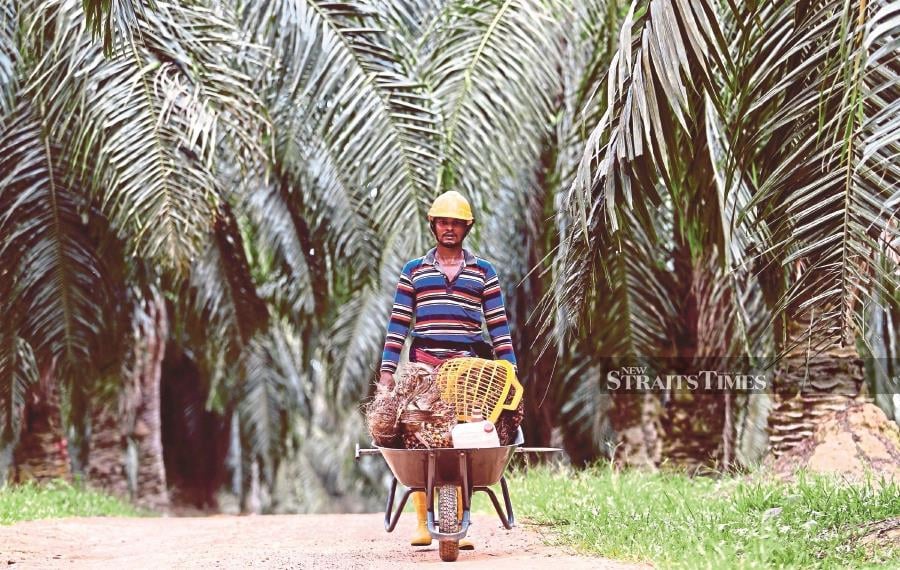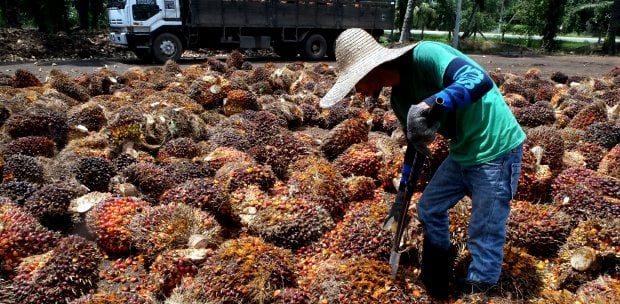LETTERS: Though Malaysia has growth potential in the palm oil industry in terms of revenue generation, there is declining productivity due to shortage of labour, delayed application of fertiliser, climate change and increasing mechanisation.
While the government has a vision for the industry, the structure and research and development efforts are still scattered compared with Indonesia.
The New Energy Road Policy and Biomass Action Plan have articulated the government's initiatives to develop the biomass industry.
These plans underline the importance of establishing infrastructure, including transportation networks and storage facilities.
Experts recommend the implementation of a circular economy and the establishment of biomass hubs to boost the revenue stream in the palm oil industry.
A circular economy involves incorporating current practices and exploring alternative solutions to address challenges.
This approach could prompt the authorities to establish governance structures to capitalise on industry revenue, which is anticipated to be substantial.
Moreover, adopting a circular economy can enable the nation to generate high-value products for the top 12 value-added chemicals that have not yet been fully commercialised, apart from creating jobs.
The environmental safeguard measures were featured at COP28 (the 28th United Nations Climate Change Conference) in November 2023 and Davos (54th Annual Meeting of World Economic Forum) this month.
The adoption of a circular economy in the palm oil industry will not only boost the economy but also reduce greenhouse gas emissions.
Circular economy principles promote efficient resource use, reducing waste generation in the production process. This includes optimising land use for oil palm cultivation, minimising water usage and optimising fertiliser application.
Instead of disposing of by-products and waste materials, a circular economy encourages their reuse or conversion into resources.
For instance, palm oil mill effluent can be treated to extract biogas for energy production, reducing methane emissions.
Adopting integrated pest management practices reduces the reliance on chemical pesticides, mitigating environmental impact and improving ecosystem health.
Circular economy principles align with the transition to renewable energy sources.
In the palm oil industry, this involves adopting renewable energy technologies, such as solar, wind, and biomass, to power processing plants and reduce dependence on fossil fuels.
Circular economy principles emphasise the importance of consumer awareness and responsibility.
Informed consumers can drive demand for sustainably produced palm oil, influencing industry practices.
Nevertheless, we should be more than inspired as the projected revenue for 2024 for the oil palm industry is RM110 billion, indicating better times with the right action and execution of plans and policies.
NIVAKAN SRITHARAN
Lecturer
Faculty of Business, Design and Arts
Swinburne University of Technology
Kuching, Sarawak
The views expressed in this article are the author's own and do not necessarily reflect those of the New Straits Times





